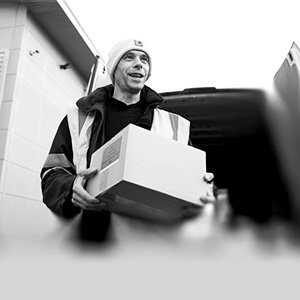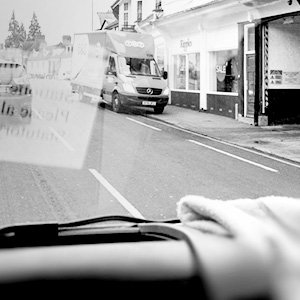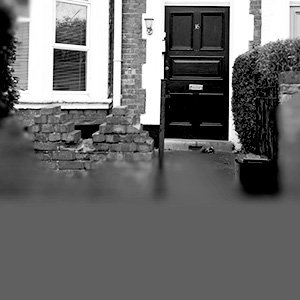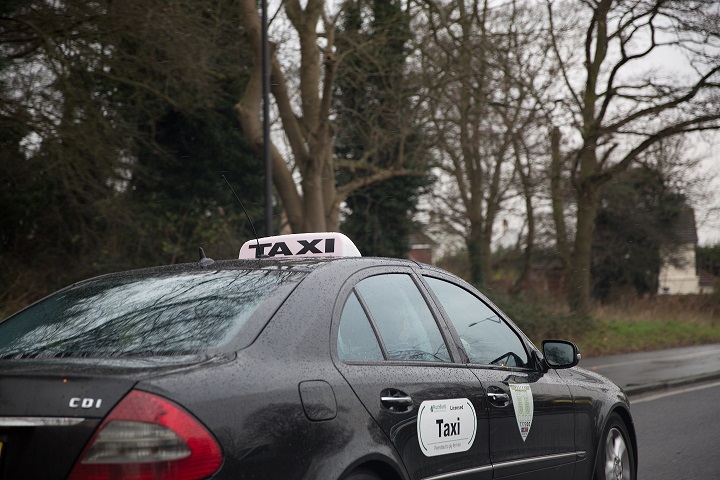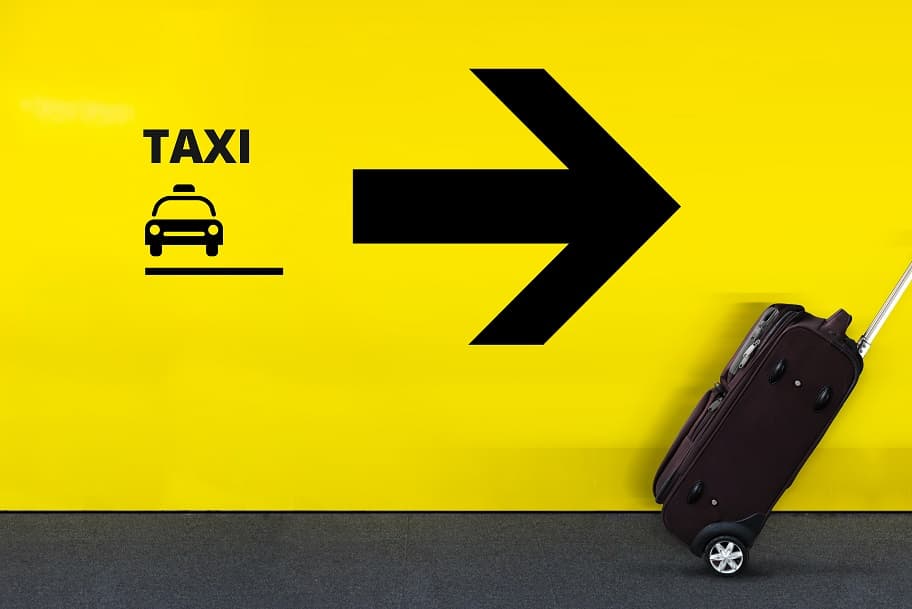As a taxi driver, your role is to safely drive your customers to their desired destination. However, your taxi isn’t just a means of transport, it’s your livelihood. Investing your hard-earned money into your taxis security will not just safeguard your taxi but it can help to keep you safe.
We as providers of taxi insurance we’ve put together this guide to help improve the chances of keeping you and your taxi safe and secure.
INCREASE THE SECURITY ON YOUR TAXI
There’s a variety of equipment you can have fitted to your taxi to increase your level of security. Let’s begin with the outside. You could have your doors modified so that they only open from the inside. This’ll prevent someone from entering your taxi without permission. If you’re going to have CCTV installed inside you could place stickers on the inside of your taxi windows stating that your taxi is fitted with CCTV to act as a warning before someone enters your vehicle.
Let’s take a look at how you can improve the security inside of your taxi. CCTV is a fantastic deterrent to prevent potential trouble because if something was to wrong you can backup your perpetrator description using the CCTV recording as evidence if you need to get the police involved. Another modification you could have is a convex mirror fitted. That’ll give you a full view of the rear of your vehicle and the ability to keep an eye out for any suspicious behaviour. You could have a panic alarm installed in your taxi cab. That’ll enable you to activate it to alert other taxi drivers that you’re in trouble. Another device is an emergency fuel-stop button which you could use to simulate problems with your taxi. That’ll make it easier to get any troublesome passengers to leave the cab.
TAKING SAFETY MEASURES FOR YOU AND YOUR TAXI
You can increase your safety by taking a number of simple but effect measures. Firstly, always make sure you keep the doors locked, so people can only enter when you’ve accepted the fare. Secondly, don’t have any cash or items of value such as jewellery on show. Thirdly, know your city and surrounding areas. Speak to fellow taxi drivers and ask them where the no-go areas are, so you can protect yourself from entering an unknown area and taking potential risks. When you’re waiting for a fare, always try and park in a well-lit area, so should an incident occur, it will make it easier for witnesses to see you.
Having breakdown insurance can prevent you from having to leave your taxi unattended at the roadside and reduces the risk of it being broken in to. It’ll also get you back on the move as soon as possible so you don’t lose potentially a lot of earnings.
HOW TO READ YOUR CUSTOMER
Whether you’re new to the taxi industry or vastly experienced, it’s important to remember that no two customers are the same. As you’re dealing with people you don’t know, you need to remain alert at all times.
Before you allow a potential customer to enter your taxi, speak to them through your window but only have it open slightly. It’s important that you approach each customer with caution but also using tact. If you see a customer whose body language suggests that they’re not fit to ride i.e. very drunk or if they’re moving aggressively. You can simply reject the fare. Should you be given vague instructions on where a customer would like to go, remain polite and ask them to clearly confirm where they wish to be taken to. If they can’t declare this, once again reject the fare.
HOW TO MANAGE DIFFICULT SITUATIONS
Never underestimate your customer regardless of how they look, dress or behave. If your customer’s behaviour changes and they suddenly become violent demanding your money, the safest solution is to hand it over. If you can, try and get a good description of the perpetrator. The vast majority of taxi crime is motivated by money, with most criminal activity occurring between the hours of 12:00am and 4:00am. Remember your safety is the highest priority. Leave it to the police to carry out the investigations.
If an incident occurs having public liability insurance can protect you in the event of a member of the public making a claim against you.
Did we miss something? Let us know on our Facebook and Twitter pages.
